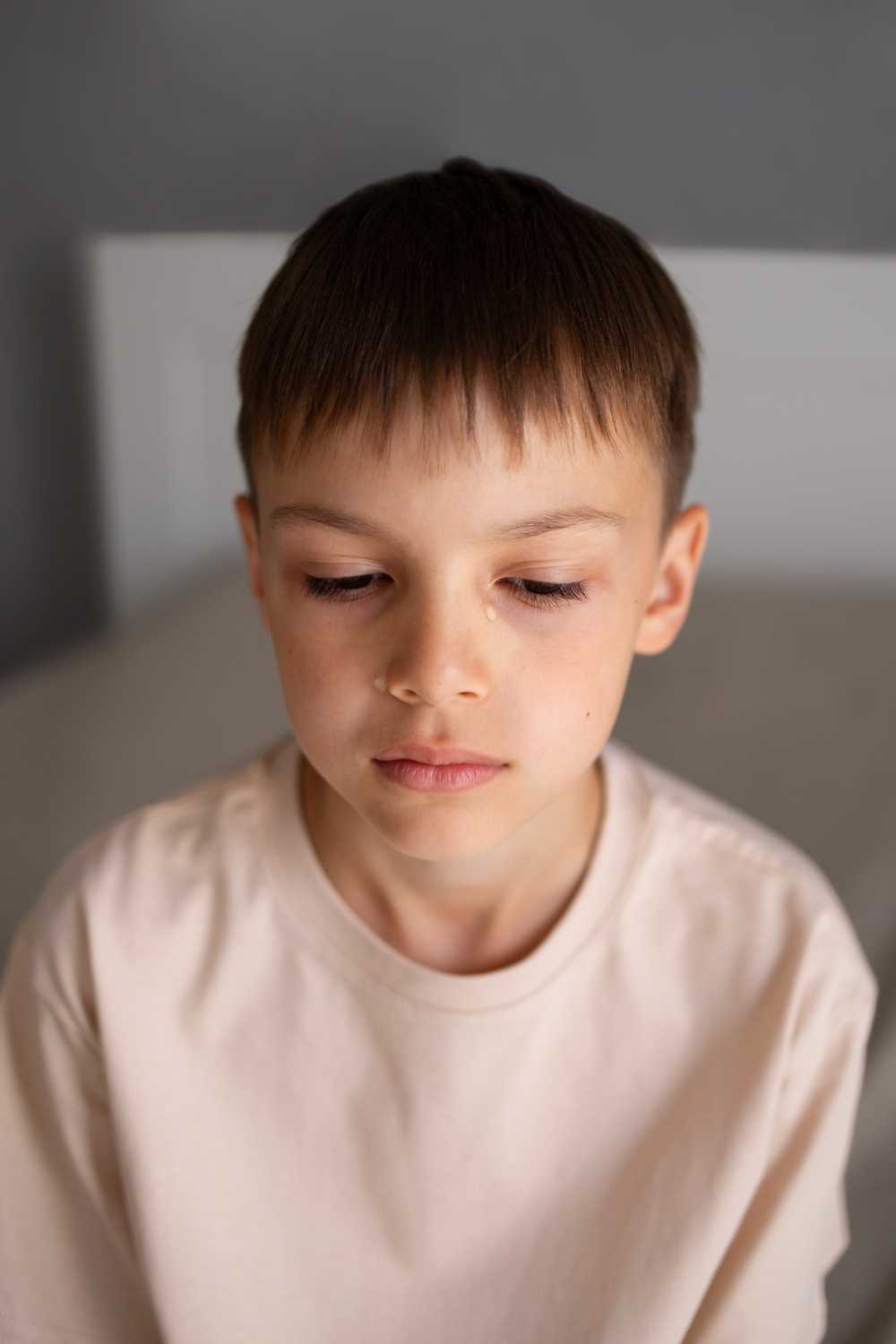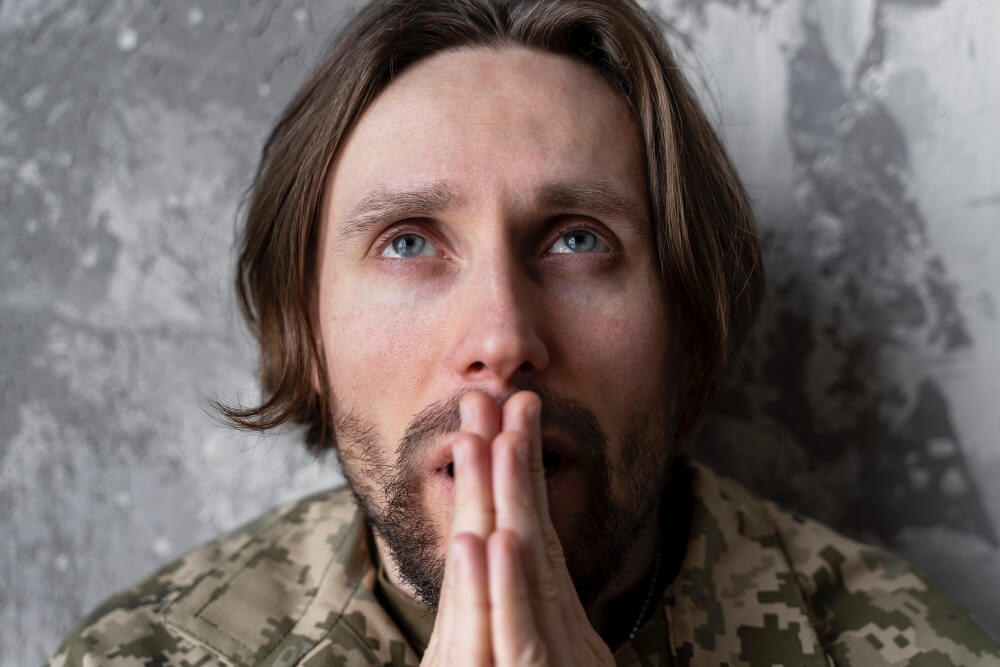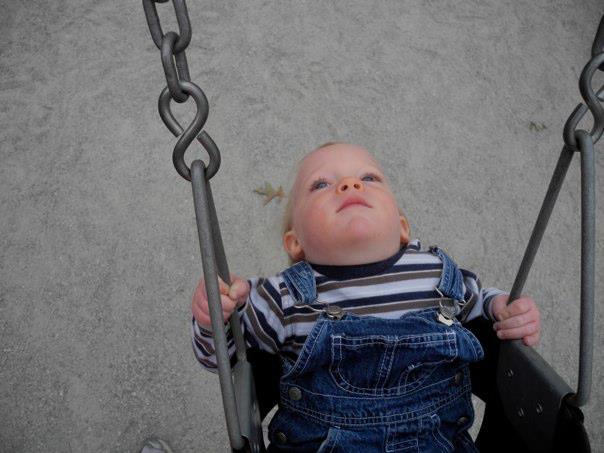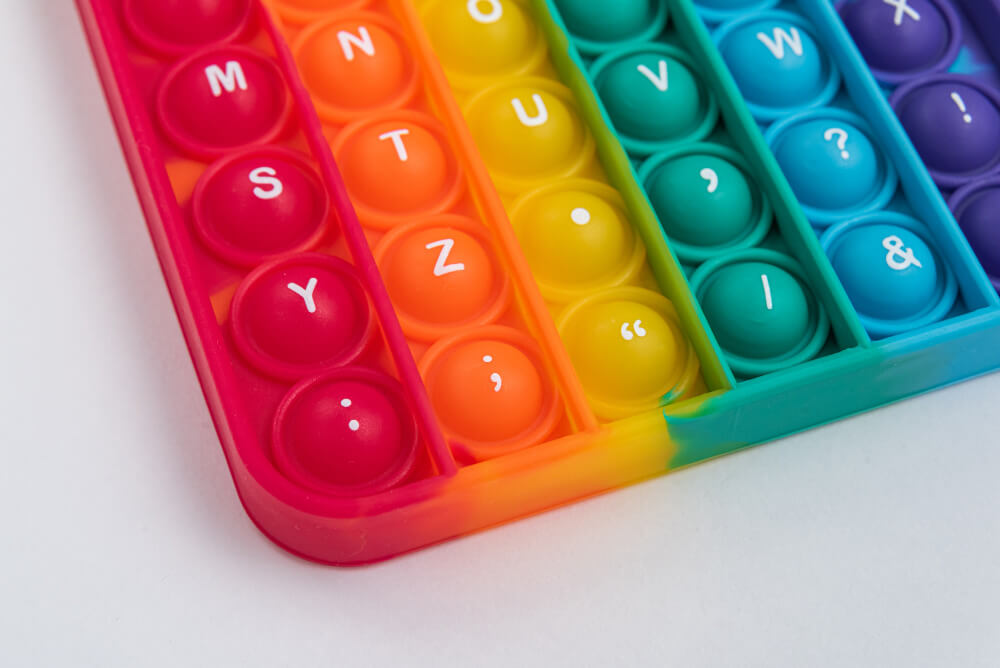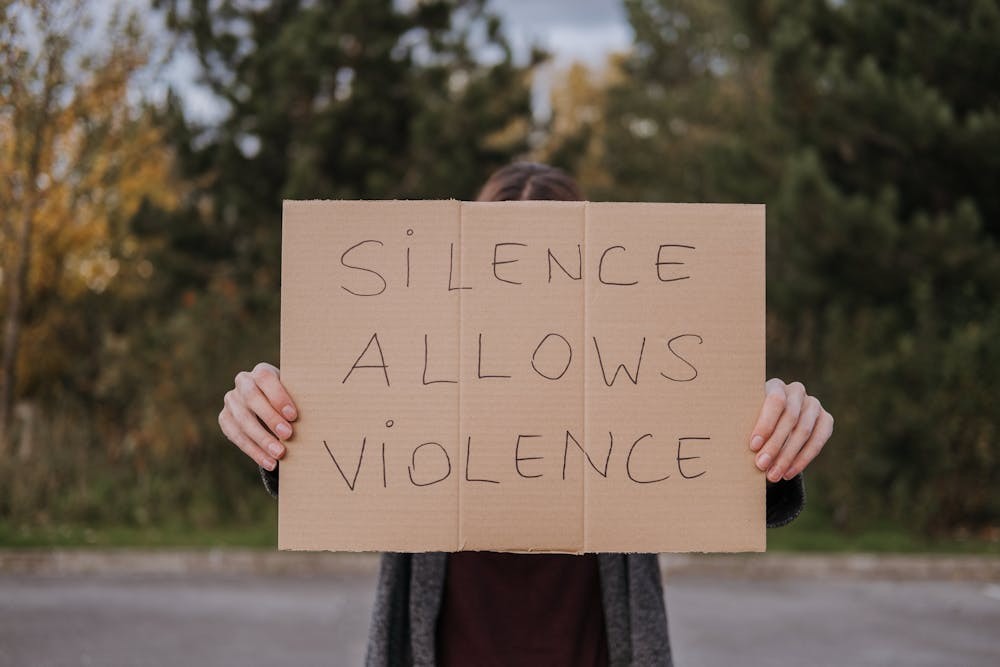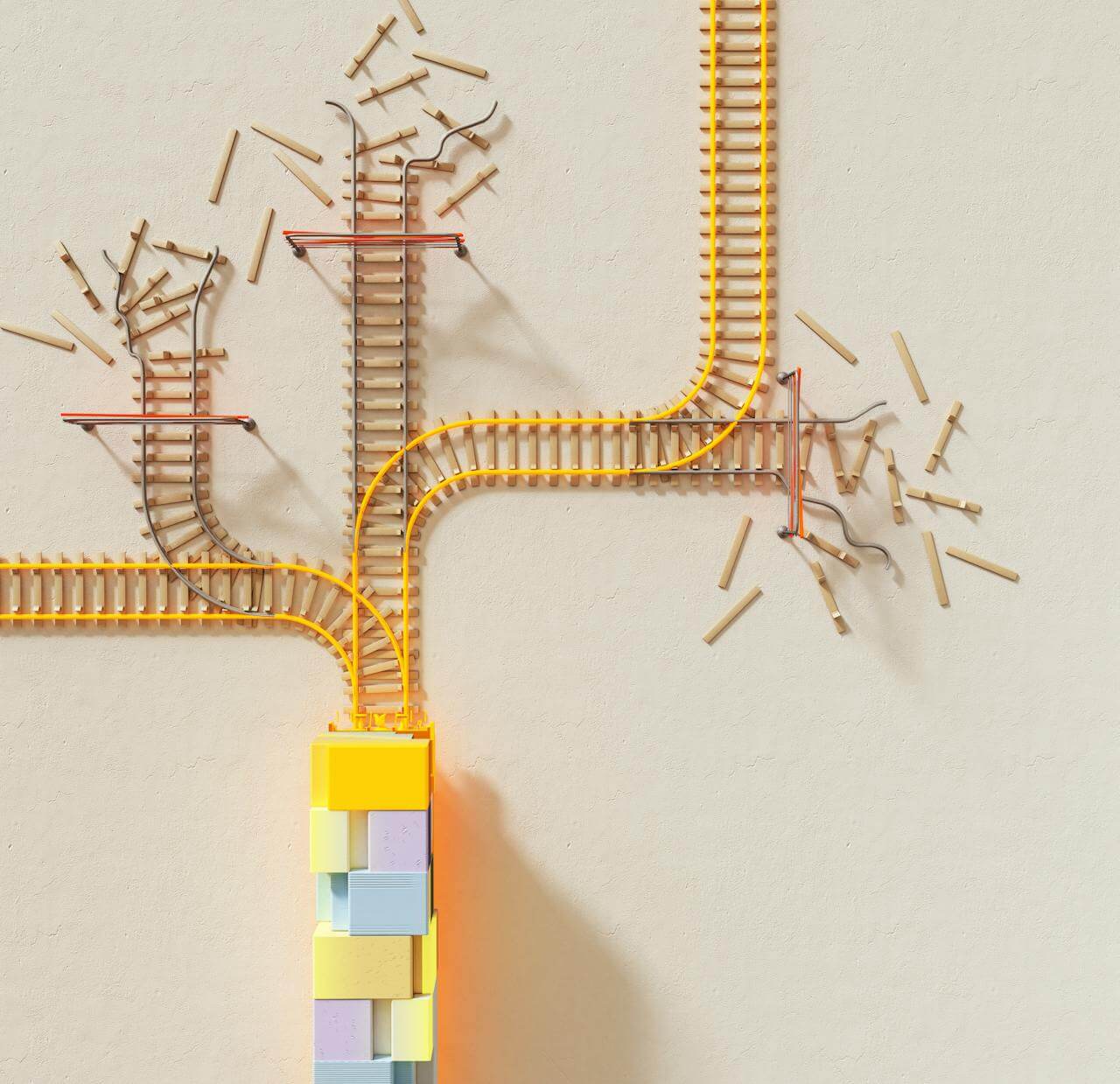Each November, when the songs and ceremonies speak of sacrifice, bravery, and endurance, I think of how those same virtues animate our classrooms, shaping the moral order of childhood. The language of war drifts easily into the language of care; it teaches mothers to treat preparation as protection, to believe that composure can shield our children from injury. Every morning feels like a minor deployment into a system that rewards obedience and calls it progress, that sanctifies endurance and calls it strength.
The morning light, the packed lunch, the careful smile that signals faith in an institution—all become gestures of allegiance to a fragile peace. Within them lives the tension between duty and love, between the mother’s private clarity and the world’s relentless demand for discipline.
The ritual of goodbye
Every morning feels like a small deployment. The sky is pale grey and air is heavy with rain. I wake before him to check the forecast, the backpack, the mood of the house, as though logistics could safeguard him from chaos. I pack his lunch with the precision of field rations and remind myself to sound cheerful, to sound like a woman who believes in this mission. Mothers are expected to show faith in the institution, to trust that doing our part is enough—that this backpack, this smile, this practiced calm will be enough protection against whatever awaits him beyond the threshold.
They say that sending a son to war is the hardest thing a mother can do. I used to believe that, until I began sending my son to school. The rituals are eerily similar: the training in compliance, the coded language, the quiet knowledge that what happens out there is beyond my control. Each morning, I tell him the same things in the same order. Stay calm. Breathe before you speak. If you’re overwhelmed, ask for space—though we both know that request will not be honoured. He will not have words when he’s dysregulated. Every instruction I give him is both a plea and an apology, a mother’s manual for surviving.
The terrain of risk
His teachers describe him as intense, unpredictable, sometimes oppositional. He has a PDA profile—pathological demand avoidance, a clinical term that sounds almost military in its precision. The reports always say the same thing: difficulty following instructions, needs to work on self-regulation, often becomes distressed when feeling controlled. In another context, those traits might be seen as leadership potential. Here, they are behavioural infractions.
The battlefield shifts daily. Sometimes it is the classroom, where noise ricochets like crossfire and the teacher’s patience thins under invisible pressure. Sometimes it is the hallway, where one misplaced glance or a careless brush against him can trigger misunderstanding. Sometimes it is the principal’s office, where her saccharine tone and marketing words make him cringe. He feels like her words are a grenade, landing on him, obliterating his autonomy, demanding that he react.
-
Joy is rationed for disabled kids in school
When disabled children are excluded from field trips, they are being punished for their needs. These joyful, formative experiences become conditional—offered only to those who mask well, follow rules, and cause no disruption. In British Columbia, this widespread practice violates both law and…
The moral injury of motherhood
Each morning, I play my part. I sign the forms. I nod in meetings. I speak the language of cooperation because I know what happens to mothers who dissent. But every signature feels like complicity. Every drop-off feels like a betrayal. They call it partnership—school and home working together for the good of the child—but the partnership is one-sided, predicated on my compliance with the system that keeps wounding him. I am expected to believe in the mission even when I have seen the casualties. I am expected to send him back, again and again, and to call it progress.
By afternoon, I am already bracing for impact. I check my phone compulsively, waiting for the subject lines that begin with “Concern” or “Incident.” I know that tone now—the bureaucratic calm that always precedes distress. Each message is a report from the front: your child refused, your child reacted unexpectanly, your child distressed others. The phrasing changes, but the meaning never does. The institution must maintain order; the child must absorb the cost.
The home front
Evenings are triage. I patch what the day has broken. We keep demands low, bringing him food in front of the TV. Like a convalescence of a shell-shocked soldier. He is mute because his mouth has contorted all day to say words that feel like poison. He falls asleep early, always exhausted, his nervous system stretched thin by the effort of masking.
And in the quiet that follows, I sit at the kitchen table drafting emails carefully, to see if I can move the line, even marginally, to provide some relief. His little body heaves slowly and he mumbles, some frustrating from the school day. Outside, the streetlights blink on, indifferent sentinels to another day survived.
The illusion of peace
When I watch him sleep, I sometimes imagine that tomorrow is the weekend. That I won’t have to send him to school and shuffle to work, like everything is OK. Morning returns, and with it, the repetition of harm. The school will ask for more documentation, more assessments, more proof of distress to justify what sad supports are in place. They will tell me to be patient, to collaborate, to focus on progress. And I will, because what choice does a mother have when the system has decided that hope must be earned through endurance?
-
PTSD and moral injury in war and the classroom
An analysis of how bureaucratic obedience erodes conscience. Drawing on moral injury research from military and healthcare contexts, this essay reframes teacher burnout as institutional betrayal. It shows how educators are trained to suppress empathy and how that suppression mirrors the psychic injuries…
Ceasefire
There are nights I remember the early years, before he was drafted into the culture of compliance, when he still laughed. I think of his small body, pressed against my chest when he was a toddler, the urgency of his love. Those moments feel like another life. Now, I am part of the apparatus that hurts him. He doesn’t want to be hugged anymore. He’s separate, like he’s far away, now.
I pray for gentleness—for the world to soften around him, for a system capable of mercy.
-
I only asked for gentleness: on parenting a PDA child in a punishing world
There is a certain kind of child—intuitive, emotionally articulate, wired with a startling perceptiveness about power and tone, about coercion and choice, about the invisible terms of adult authority—whose presence in the classroom becomes, almost immediately, a threat to the institution’s rhythm, a…
-
Pathological Demand Avoidance (PDA)
Pathological Demand Avoidance is a neurobiological profile of autism rooted in anxiety, autonomy, and nervous system threat perception. For children with PDA, even simple requests can register as danger. A question, a suggestion, a cheerful invitation—all of these may activate a survival response,…

